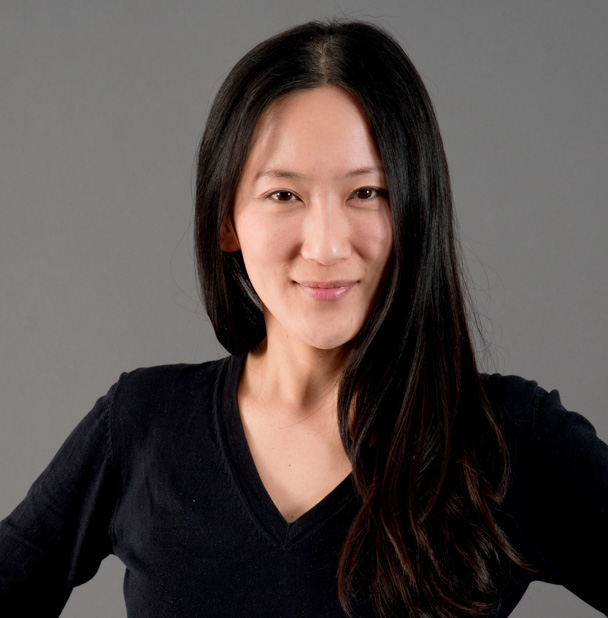„Digital self vs. real self: Die Gen Z in den sozialen Medien“
Generation Z is a digital generation: 16 to 23-year-olds are "always on". For them, social media are both a means of expression and a staging platform. Young adults only present their best side online: stylish, experienced, successful and beautiful. At the same time, digital self-presentation often contrasts with the real self and the personal demeanour of Gen Z.
The GIM study takes a closer look at this discrepancy between Gen Z's "digital self" and "real self". The results of the representative study show which motives predominate for media self-presentation.
"Digital Self vs. Real Self" provides you with insights into the online behaviour of Gen Z, their self-perception and self-presentation. The roles of social media and different usage scenarios are also highlighted. The study also gives you insights into the (beauty) ideals that 16 to 23-year-olds pursue and how their attitudes and needs change over the years.
For whom is the study interesting?
This study is aimed in particular at managers in the beauty & personal care, fashion, sport and fitness, gaming and technology sectors.
Key data on the study
Publication: 2019
Method: Combination of qualitative and quantitative approaches
Focus: Young adults (Gen Z)
This study is only available in German!
Get free insights now
Simply fill in the contact form and we will send you the study free of charge.
It is only available in German.
Central research questions
- How does Gen Z behave on social media?
- What motives does Gen Z pursue with self-presentation in social media?
- What differences are there according to age, gender and medium?
- What role do social media play in Gen Z's purchasing decisions?
Your key benefits from the study
- You will gain insights into the digital identity of young people.
- We will explain to you the extent to which social media influence consumer behaviour.
- We will show you concrete applications of our findings.
Do you have questions about the study?
I will gladly advise you.

Tina Choi-Odenwald
Research Director

